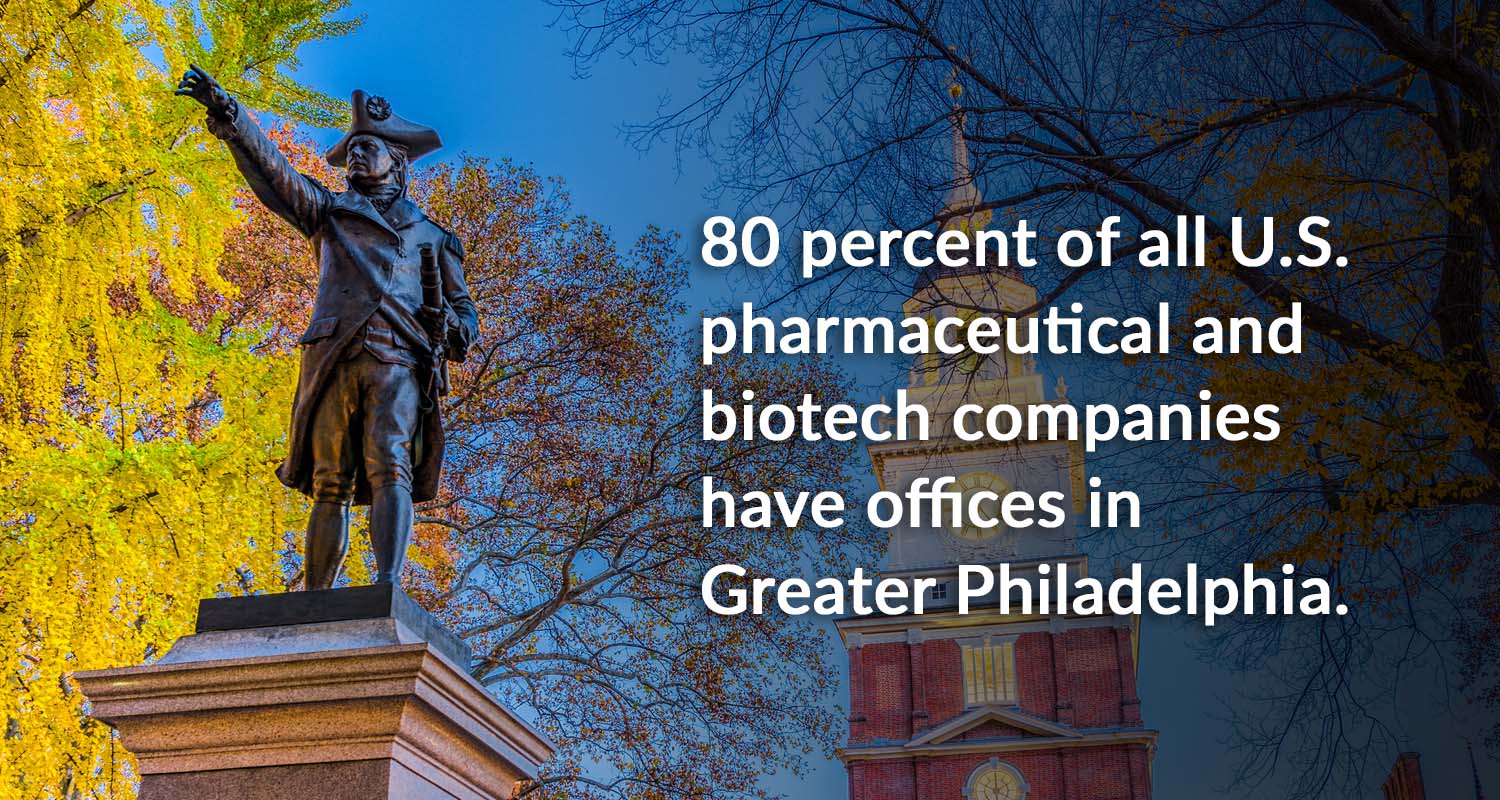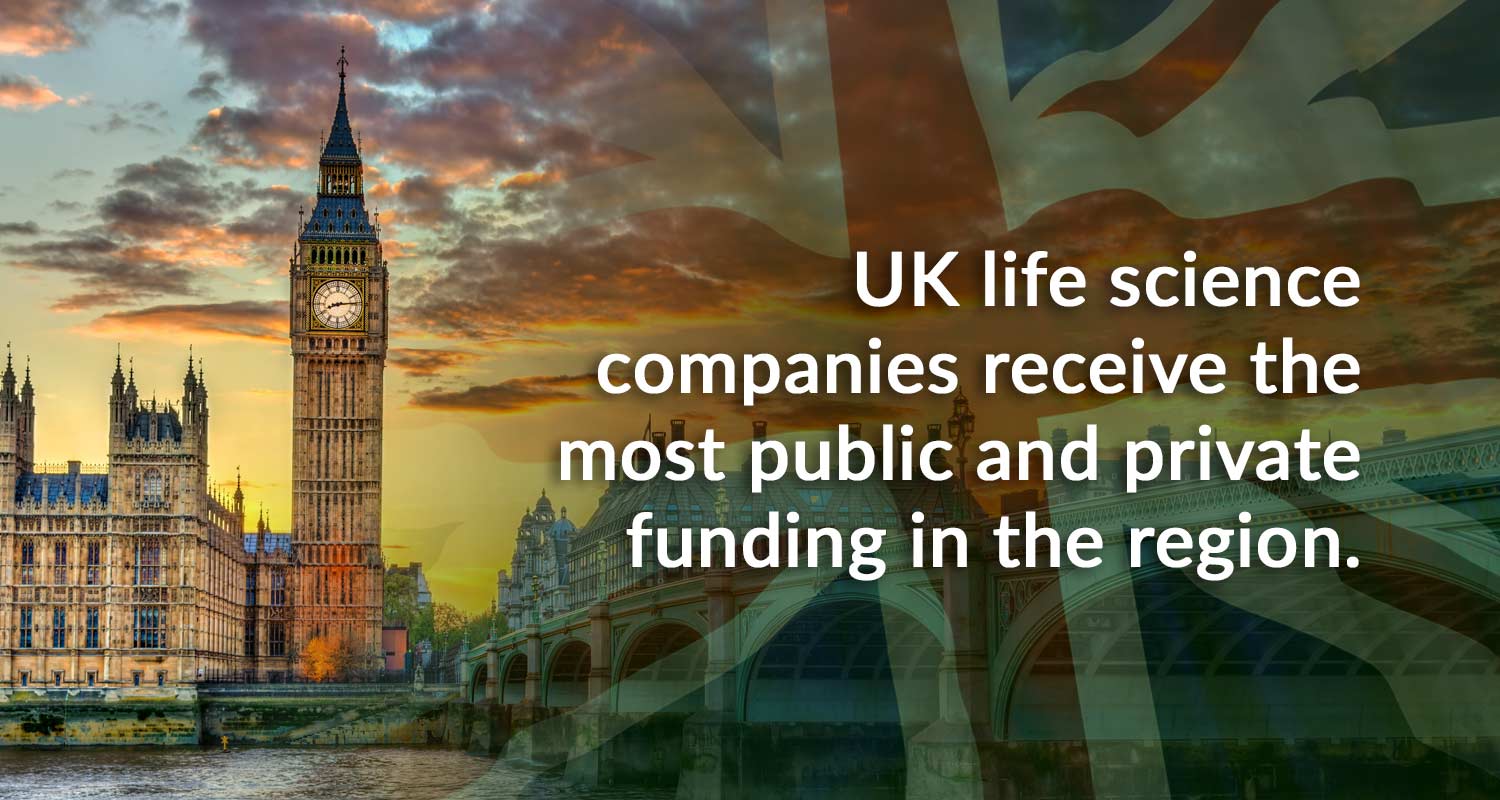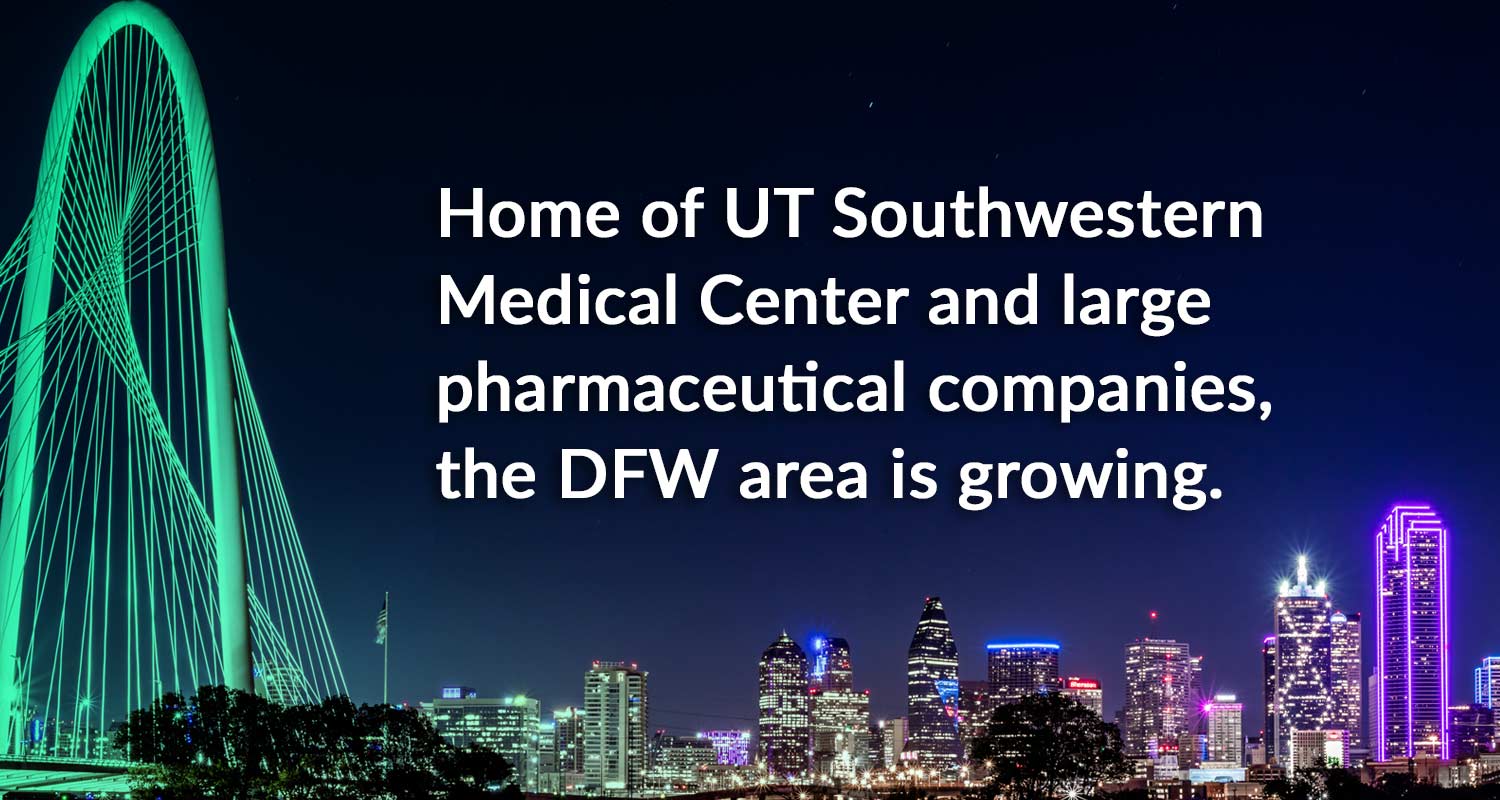For the past 60 years, many of the innovations and ideas that shape our world were formulated, hatched and brought to reality in the wide swath of piney forest known as Research Triangle Park. The Park was founded as an attempt to keep the talent that was being churned out by Duke, UNC and N.C. State within the state. Now it draws talent from all over the globe, and holds unique prestige among technological and innovation hubs. (Durham Magazine, May, 2019).
Anchored by giants such as GlaxoSmithKline, Pfizer, Grifols, Biogen and BASF, some interesting small biotech’s are making a name for themselves. My picks for the Raleigh-Durham area are:
Heat Bio, Chapel Hill, has a proprietary gp96 platform that activates the human immune system to combat cancer and infectious disease. Heat Biologics is developing a robust pipeline of first-in-class products that activate and / or modulate the immune system in non-small cell lung cancer, solid tumors and an infectious disease initiative with the military.
CoImmune, Durham, Acquired their RNA-loaded dendritic cell platform technology and assets of Argos Therapeutics in 2019. They have a CAR-CIK platform technology in clinical trials and for Acute Lymphoblastic Leukemia; Non-Hodgkin’s Lymphoma; Chronic Lymphocytic Leukemia; Acute Myeloid Leukemia; and Metastatic Renal Cell Carcinoma.
G1 Therapeutics, RTP, G1 is advancing its mission by commercializing the first and only proactive multilineage myeloprotection therapy, COSELA™ (trilaciclib). G1 is also executing a tumor-agnostic development program, with late-stage clinical trials ongoing in multiple tumor types including colorectal, breast, lung, and bladder cancers.
StrideBio, RTP, StrideBio’s proprietary structure-inspired adeno-associated virus (AAV) vector engineering platform (STRIVE™) is a powerful discovery engine that creates unique and differentiated vectors that improve upon naturally occurring AAV serotypes to overcome current limitations of first-generation gene therapies and allow more patients to benefit from gene therapies with maximum efficiency. They have products in the pipeline for Friedreich’s Ataxia, Angelman Syndrome, Rett Syndrome to name a few.
Arrevus, Raleigh, is a clinical stage biotechnology company developing novel therapies for orphan diseases. They have products in the pipeline for pulmonary exacerbations of cystic fibrosis, CF and ID/oncology.









